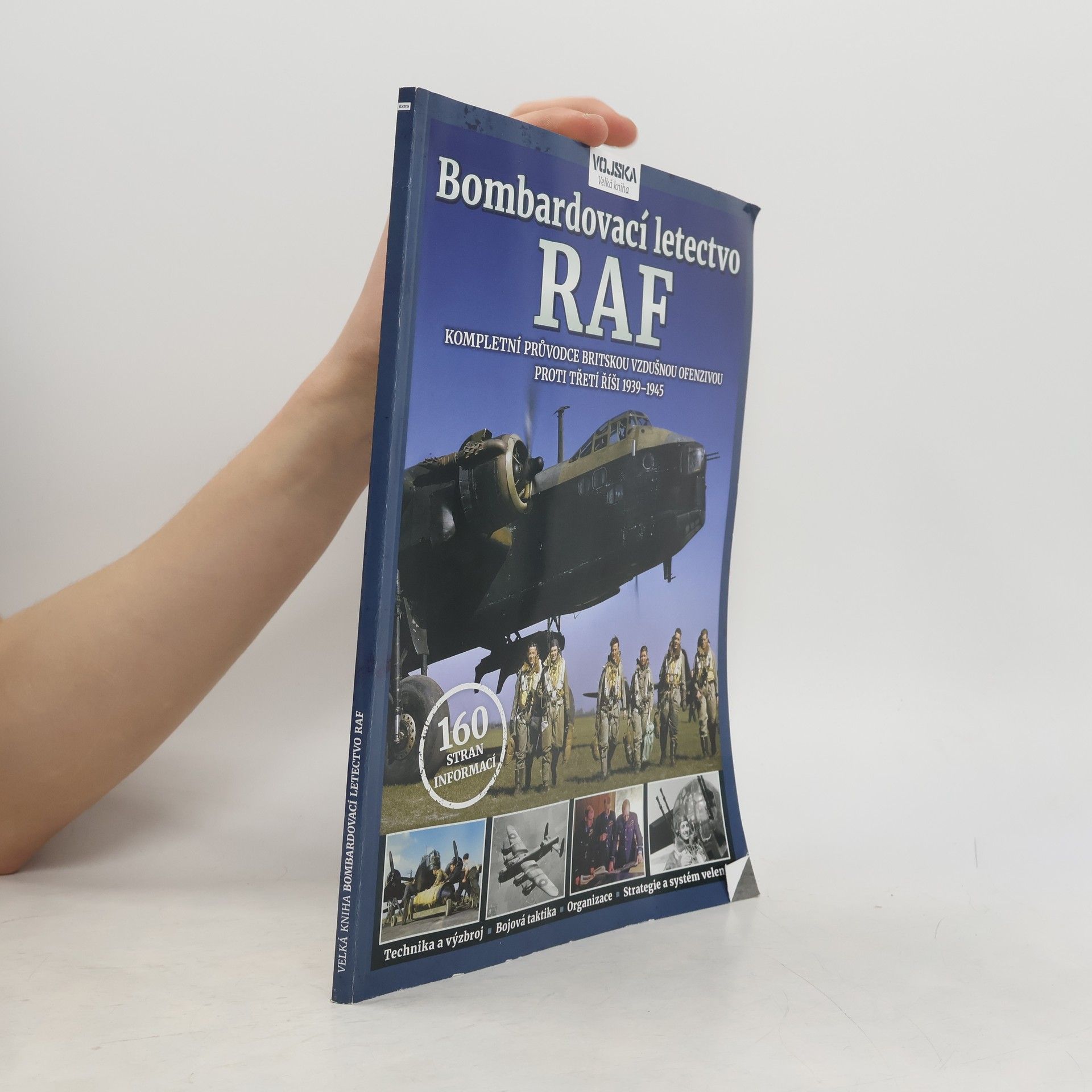The mighty Short Stirling was the first four-engine heavy bomber to enter RAF service in the Second World War.
Jonathan Falconer Libros





Junkers Ju 87 'Stuka' Manual
- 192 páginas
- 7 horas de lectura
Supported by a comprehensive selection of photographs and technical drawings, Jonathan Falconer describes the design, construction and operation of the feared Stuka, which saw frontline action wherever the German Army went - from Norway, western Europe and Russia, to North Africa.
Mayflower
- 160 páginas
- 6 horas de lectura
In 1620 the Mayflower sailed from Plymouth in Devon for America carrying the Pilgrim Fathers, who sought to establish a new life in the New World free from religious persecution. Published to mark the 400th anniversary of the voyage of the Mayflower and the establishment of the first colony at... číst celé
Bombardovací letectvo RAF 1939-1945
- 164 páginas
- 6 horas de lectura
Bombardovací letectvo RAF se zrodilo v turbulentních 30. letech 20. století, kdy se armáda Velké Británie začala cílevědomě připravovat na vypuknutí dalšího vojenského konfliktu. Ve srovnání se svými skromnými možnostmi v září 1939 se do konce války rozrostlo do mohutné mašinerie, jež srovnávala se zemí celá německá města.V našem manuálu najdete spolehlivé informace o zrodu a vývoji doktríny strategického bombardování, programu masivní produkce letadel, výcviku specialistů, organizaci i velení nebo nepředstavitelném nervovém vypětí osádek během nočních misí. Samozřejmě nechybějí ani podrobné informace o technické stránce britské vzdušné ofenzivy, o všech nasazených dvou- i čtyřmotorových strojích, leteckých pumách, výzbroji ve střeleckých věžích nebo pokroku při vývoji bombardovacích zaměřovačů. Leteckou bitvu nad Německem ale nahlédnete také z druhé strany, z perspektivy pilotů nočních stíhaček Luftwaffe či obsluh radarů a flaku.
Die Junkers Ju-87 - besser bekannt als »Stuka« (für Sturzkampfflugzeug) - gehört wohl zu den bekanntesten Maschinen des Zweiten Weltkrieges und ist bis heute das erfolgreichste Muster dieser Gattung. Die Maschine mit den unverwechselbaren Knickflügeln und der charakteristischen Sturzflug-Sirene kam während des gesamten Krieges und an fast allen Kriegsschauplätzen zum Einsatz und war vor allem in den ersten Einsatzjahren sehr wirkungsvoll. Fast 6.000 Flugzeuge verließen die Junkers-Fertigung bis 1944. Dieser Band mit seinen zahllosen Details und zeitgenössischen Fotos stellt zweifellos das aktuell beste Buch zum Stuka dar.